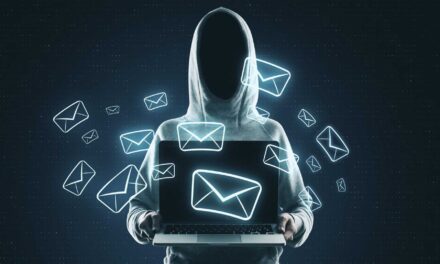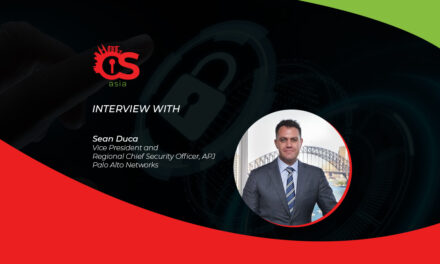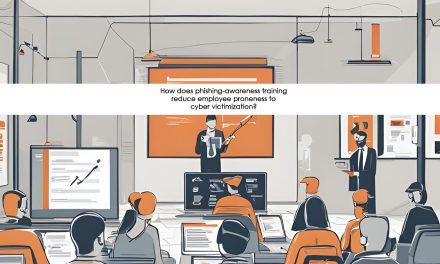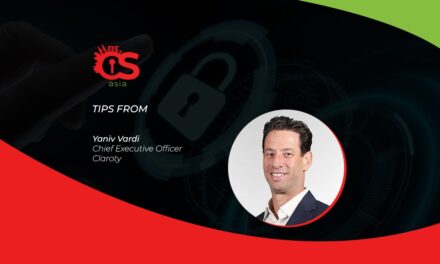Can revealing your likes and dislikes or your pet’s name help hackers take over your banking account? Find out more here.
People share private details and activities on social media all the time, but some types of personal information are sacred. In South-east Asia (SEA), a study has found that financial information (credit or debit card details) tops the list with 76% of 861 respondents confirming their intent to keep their money-related data away from the internet.
The same survey, conducted in November 2020, also revealed that only half (53%) of the respondents from the region had installed internet security software on their devices. Yet they are concerned about revealing personally identifiable information (69%), information about their immediate family (64%), about their whereabouts (54%), and about their jobs (47%).
According to Chris Connell, Managing Director (Asia Pacific), Kaspersky, the firm that shared their survey findings: “It is a welcome insight that users here are now thinking thoroughly about the data they share and don’t share online. Most also know now that cybercriminals and the general online public should never get their hands on such information. Awareness, however, does not necessarily equate to action.”
It is understandable that some may still feel afraid and unsure when they use services such as digital payments because it is relatively new, and yes, there are risks present. This is why it is crucial to put awareness into action, Connell added.
Safety first on social media
To help the public in staying safe while engaging in social media and e-commerce, here are some tips to maximize your online privacy:
- Avoid publicizing your movements such as upcoming travel plans, as this alerts people that you will be away from your home during this time.
- Avoid disclosing too much information such as your date of birth or workplace in any About Us or bio section of a social media profile. Avoid posting your home address or phone number in any public forum.
- Check to see whether the social media platform you are using adds location data to your posts and if it does, turn this setting off. Most of the time, it is not necessary to share your location publicly.
- Avoid the fun quizzes that occasionally do the rounds on social media. Often these can ask questions such as your favorite pet or where you went to school. These types of questions are often used as security questions, so making these answers public could make it easier for hackers to break into your online accounts.
- Be wary of giveaways and contests. Some are legitimate but many are scams in disguise. By sharing such promotions on social media, you could unknowingly spread malware or trick people into giving away their sensitive data.
Secure your mobile devices:
- Make sure you have a difficult-to-guess passcode to access your phone. Download apps and games only from legitimate app stores. (Editor’s note: these app stores are not immune to hackers—restrict newly-installed apps’ access to sensitive phone functions and look out for unusual notifications or phone activity after installing the apps.)
- Do not jailbreak or root your phone unless you are an expert: this can give hackers a way to overwrite your system settings and install their own malicious software.
- Consider downloading an app that can allow you to delete all the data on your phone remotely so that if your phone is stolen, you can delete your information easily.
- Stay up to date with any software updates and be careful about clicking on links online, in the same way you would on a laptop or desktop.
- A combined solution of security products and practical steps can minimize the threats and keep your data safe online.
















